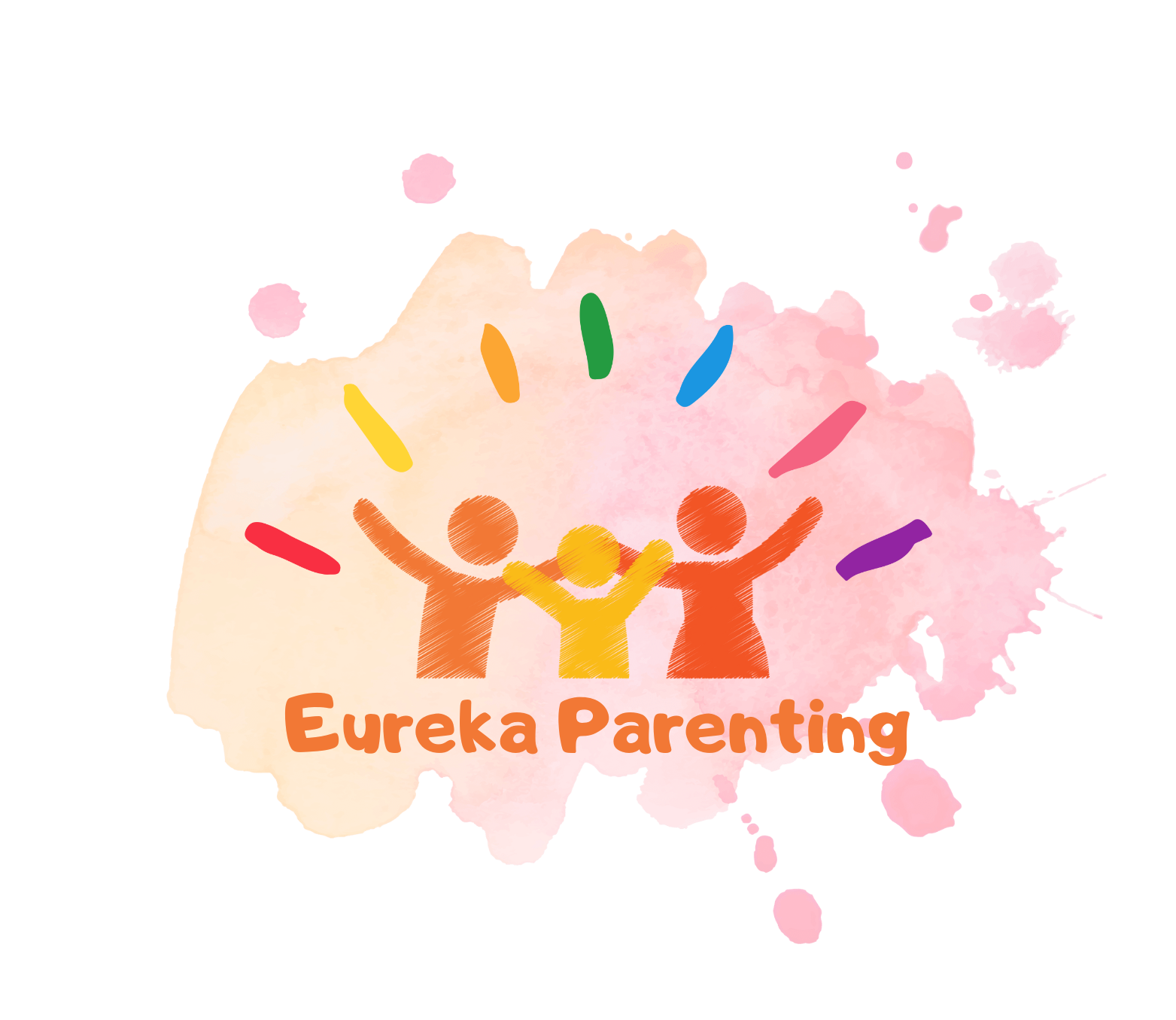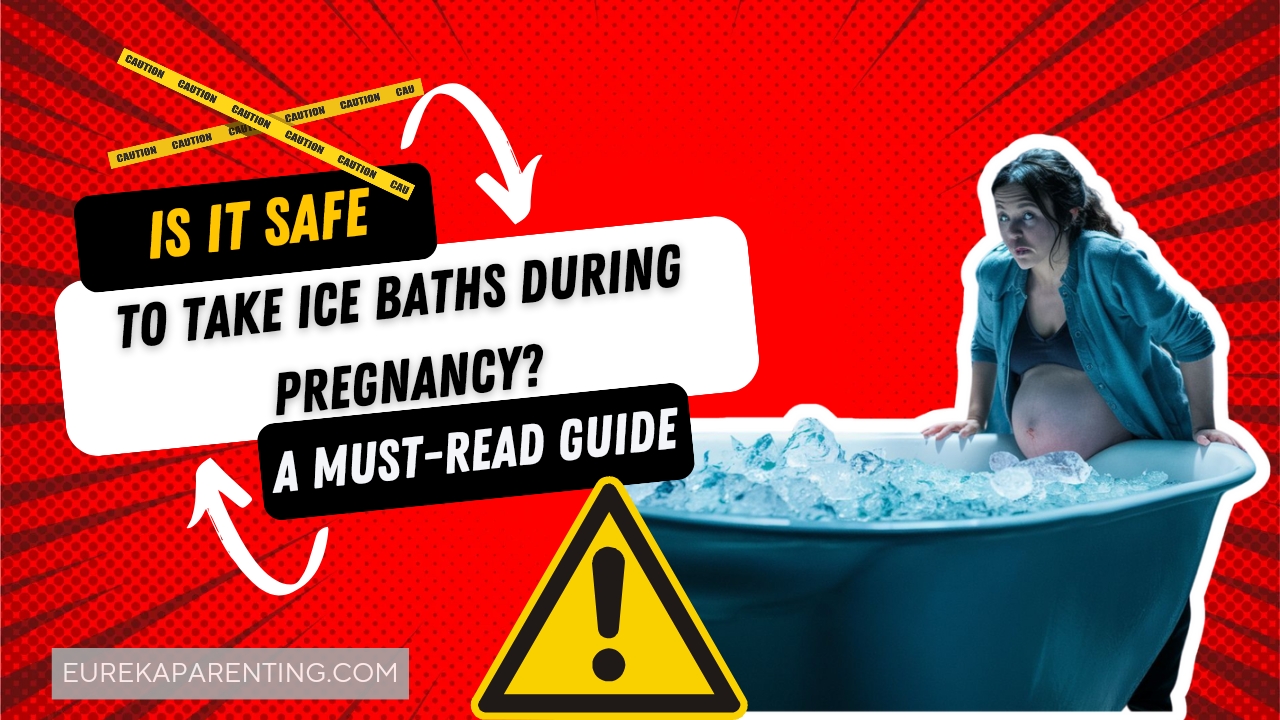Pregnancy can present a dichotomy of advice: while maintaining an active and healthy lifestyle is crucial, caution appears to be the prevailing sentiment. The thought of ice baths during pregnancy may induce a mental pause in health-conscious mothers or expectant mothers. Could something so stringent in temperature be safe for you and the little one on board? This is an essential query we’ll address, considering medical opinions, personal experiences, and the broader implications of cold therapy for expecting mothers.
Contents
The Chilling Dilemma: Safety First
It is critical to recognize that pregnancy brings about numerous physiological changes, altered circulation and increased blood volume being among them. Subsequently, the inquiry arises as to how a potentially severe temperature variation affects the vulnerable condition of pregnancy.
Before stepping into the bracing waters of an ice bath, expectant mothers should assess their current health and seek medical advice. This phase is critical as not all pregnancies travel the same path, and individual health profiles differentiate the parameters for what’s considered safe.
The Thermodynamics of Pregnancy
To fully grasp the effects of ice baths during pregnancy, one must appreciate the thermoregulatory challenges the body faces. When expecting, the body works harder to maintain a stable core temperature due to a slightly elevated baseline and an increased need for oxygen and nutrients.
Here’s a general view of how meditation, yoga and warm baths in the temperature limit could be beneficial to expecting mothers.
|
Temperature |
Effects on Pregnancy |
| 98.6°F (37°C) | Ideal. Supports a comfortable environment for the baby |
| 88°F (31°C) | May lead to hypothermia, which could affect fetal blood flow and pose risks. |
| 104°F (40°C) | Risks include potential for birth defects and neural tube abnormalities. |
Our on-the-thermometer approach outlines the potential risks and benefits of cold therapies during pregnancy.
Medical Insights About Ice Baths During Pregnancy
Here, we’ll explore direct insights from obstetricians and pregnancy specialists regarding the safety of ice baths. It’s essential to cut through the noise of anecdotal advice and turn to professionals who work with pregnant women daily.
In-Depth Obstetric Opinions
The collective stance from advocacy groups and medical organizations is that extreme cold exposure should be avoided during pregnancy. Obstetricians point out that such therapies can lead to vasoconstriction, reducing blood flow to the uterus and potentially the placenta, which is crucial to providing nutrients and oxygen to the baby.
Extreme cold exposure, such as ice baths, should be avoided during pregnancy. Obstetricians caution against these therapies due to the potential vasoconstriction effect, which may restrict blood flow to the uterus and placenta. This can impact the delivery of essential nutrients and oxygen to the baby.
The Science of Cold and Circulation
A detailed breakdown of the vascular response to cold exposure is necessary to understand the potential risks. The constriction of blood vessels in response to cold can lead to increased blood pressure, creating a cascade of circulatory challenges, particularly problematic during pregnancy.
The Vasodilator Conundrum
During pregnancy, a woman’s body is hardwired to increase vasodilation, especially in the blood vessels supplying the uterus. Ice baths can counteract this natural response, creating an environment that may not support fetal development optimally.
Balancing Act: Cold and Active Lifestyles
While the verdict on full-body ice baths is laden with caution, cold therapy in milder forms may still have a place in the life of a pregnant woman. The question is how to strike a balance.
Thoughtful Alternatives
Instead of full-body immersions, considering localized cryotherapy, such as cold packs or sprays on the legs or back, could offer some of the therapeutic benefits without the systemic chills.
Targeted Comfort
Expert opinion points to the safe use of cold therapy during pregnancy when applied to relieve pain and swelling in specific areas, such as the lower back and feet. This approach allows for a targeted therapeutic response without the risks associated with whole-body exposure.
Rejuvenation without the Chill
With all of its demands, pregnancy also needs time for rest and healing for the woman who will soon be a mother. There are many ways to heal, and ice baths are just one of them. Each has its own set of pros and cons.
Exploring Non-Invasive Recovery Techniques
Pregnant women have a wide range of rehabilitation alternatives available to them. From massage therapy to gentle yoga, these alternative methods help alleviate sore muscles and decrease inflammation without the need for immersing oneself in freezing cold water.
The Power of Personalizing
Each pregnancy is distinct, just as every woman’s reaction to various recovery approaches will be. Personalization is crucial for achieving safe and effective rehabilitation. It involves identifying the approaches that are most suitable for the individual, taking into account their comfort and therapeutic impact.

Mythbusting Cold Therapy
Rumors and misconceptions abound when it comes to pregnancy and physical therapies, and the safety of ice baths is no exception. It’s time to separate fact from fiction.
Debunking the Ice Bath Myths
One prevalent myth is that extreme cold exposure can lead to miscarriage. Scientific evidence does not support a direct causation, but it does highlight potential risks to the developing fetus in the form of decreased blood flow.
The Cold Truth
While there’s no need to fear going out in cool weather or sipping an iced beverage, the concerns surrounding ice baths during pregnancy are rooted in the cumulative effects of extended cold exposure. A single session may not spell disaster, but regular or prolonged use could pose risks.
Long-Term Health Implications
The question of cold therapy safety during pregnancy extends beyond immediate concerns to potential long-term health effects for both the mother and child.
Considering the Bigger Chill
Prolonged exposure to low temperatures during pregnancy can have adverse effects on both the development of the fetus and the long-term health of the child. Recent studies indicate that environmental influences experienced during pregnancy can have significant and wide-ranging impacts.
An Ounce of Prevention
By assuming an active and proactive stance in health management throughout pregnancy, women have the potential to avert subsequent health complications for their offspring. This includes exercising caution regarding the benefits and drawbacks of recovery techniques like cold baths.
The Takeaway: Personal Circumstances Matter
Ice baths have garnered a reputation as a powerful recovery tool, particularly among athletes. However, pregnant women must weigh the potential risks against the benefits, considering their unique health status.
The Complexity of Expectancy
With so many layers to consider, the safety of ice baths during pregnancy boils down to individual circumstances. A thorough evaluation of one’s health, pregnancy stage, and the need for recovery will help make an informed decision.
A Holistic Approach
The broader picture of pregnancy health encompasses not just one method but a collection of practices that support both the mother and child. Ice baths, if deemed too risky, can be substituted with a suite of other strategies.
FAQ
Before making any decisions about ice baths during pregnancy, it’s crucial to address common concerns head-on.
Can ice baths affect my baby’s development?
Extended or chronic exposure to cold may affect fetal development by reducing blood flow, potentially limiting the supply of nutrients and oxygen. The occasional exposure to moderate cold is unlikely to have significant impacts.
Can ice baths increase the risk of miscarriage?
While the data is not conclusive, a strong association between cold exposure and an increased risk of miscarriage has yet to be established. That said, avoiding drastic temperature changes is recommended during pregnancy for general well-being.
Are there any benefits to taking ice baths while pregnant?
For aches, pains, and swelling localized to certain areas, modest cold therapy might offer relief without systemic risks. However, the benefits of ice baths in the broader sense of recovery must be cautiously appraised against potential hazards.
Conclusion
Pregnancy is a time of immense care and consideration, especially when it comes to physical well-being. While the allure of ice baths for recovery is potent, the safe passage of the pregnancy vessel requires a different tack. Reimagining recovery through a pregnancy-specific lens can yield equally effective, non-invasive, and safer alternatives. The focus, ultimately, is on a balanced and informed approach to nurturing the precious life growing within. After all, the chill of an ice bath can wait, but the warmth of motherhood cannot be deferred.
For further reading and to gain a deeper understanding of the topics discussed, consult the following resources:
- The American Pregnancy Association provides comprehensive insights on safe practices during pregnancy, including the use of cold therapy:
https://americanpregnancy.org/
- The Mayo Clinic offers expert advice on exercise and wellness for pregnant women, with guidelines that touch on recovery techniques:
- The National Institutes of Health (NIH) has published research on the effects of environmental temperatures on pregnancy, which can be found at:

